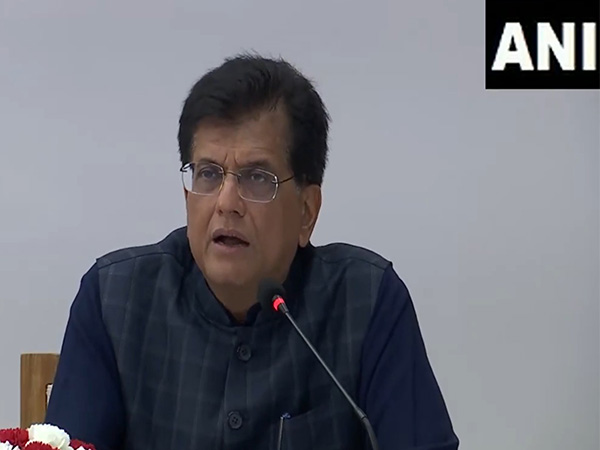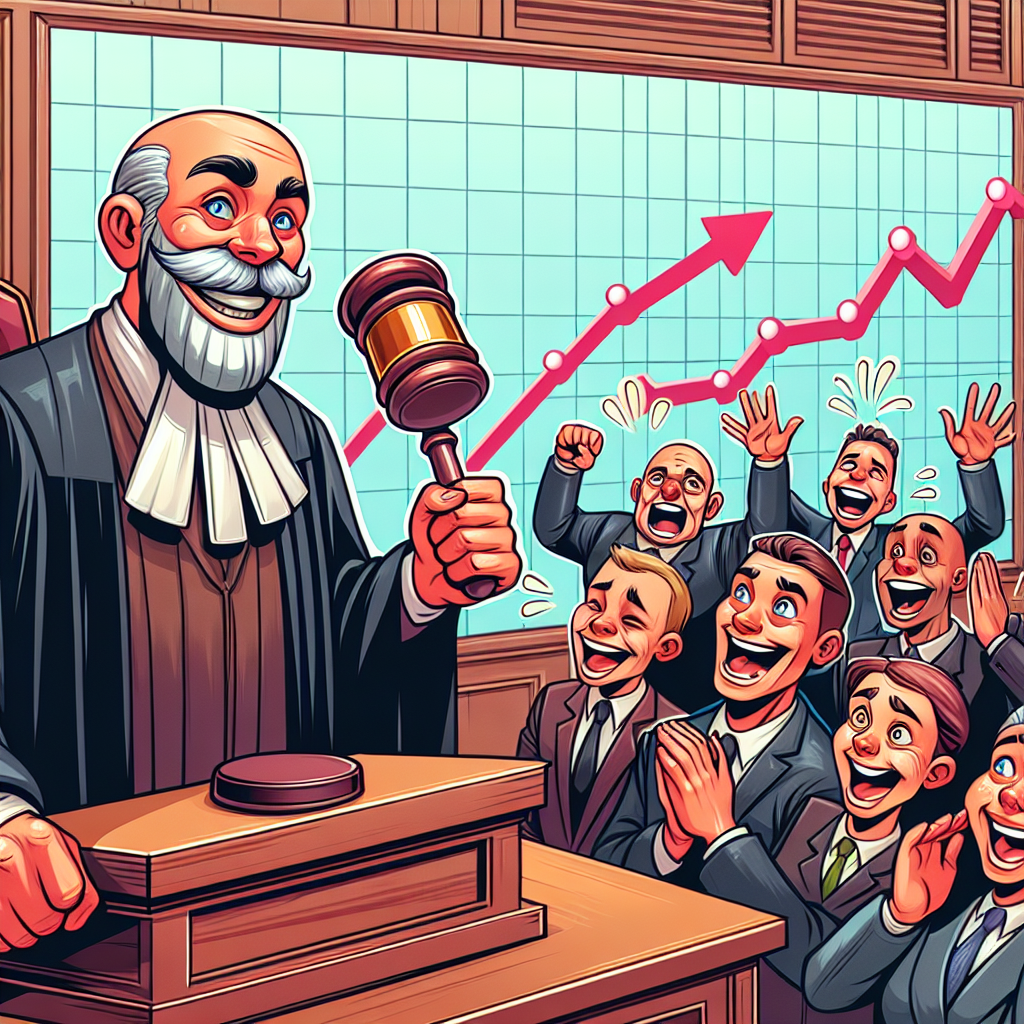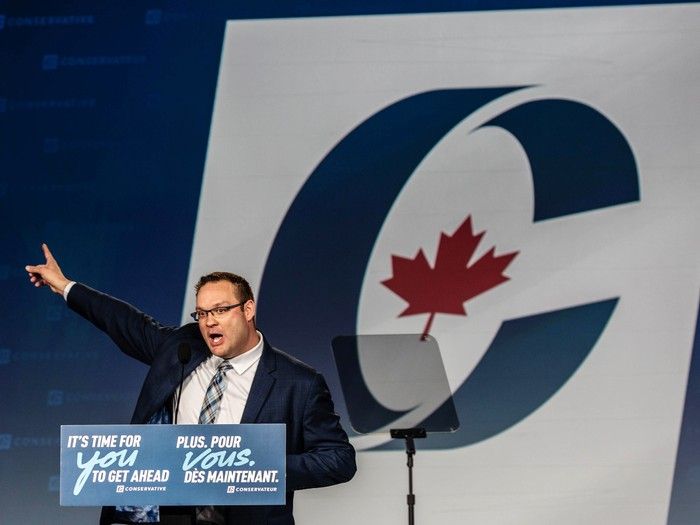For two years, Democrats in Virginia’s General Assembly have leveraged their slim majority to advance ambitious slates of progressive policies only to see them turned aside by Gov. Glenn Youngkin’s veto pen. This year was no different as the governor rejected 157 bills and amended another 159, in addition to making 205 changes to the state budget.
Lawmakers return to Richmond today to consider those actions, and while Democrats alone cannot resurrect some of the legislation Youngkin rejected, there are bipartisan bills that members of both parties should embrace that would benefit the commonwealth. Youngkin’s time in office will be remembered for numerous reasons, not least of which is that this governor has vetoed more bills sent to him by lawmakers than any other in recent memory. Commonwealth voters, in their wisdom, chose a divided state government, with a Republican governor and a Democratic majority in the Senate throughout Youngkin’s term.

The governor enjoyed two years of a GOP-led House before the 2023 election gave Democrats full control of the legislature. This has been the defining aspect of Youngkin’s governorship. His proposals have often failed to find favor among the Democratic majority, while he has used his veto pen to stifle Democratic policies.
Only issues that won bipartisan agreement, including the budget, have become law. Youngkin generally continued that trend this year , and most of the 599 bills he signed this year reflect policies with broad support in the legislature and across Virginia. The governor signed a bill that prohibits the use of campaign funds for personal expenses, for instance, a long overdue fix which marks the most substantive change to Virginia’s campaign finance system in a generation.
And he approved a measure that makes it a Class 4 felony to operate a drone over private defense industry sites, such as Newport News Shipbuilding. However, Youngkin amended or vetoed many other bills that represent thoughtful policy choices and promise to address pressing issues affecting Virginia residents. He declined to sign a host of bills aimed at fulfilling the promises of the Virginia Clean Economy Act, a law Youngkin has railed against since taking office.
These include measures to impose new power rules for the growing data center sector and its insatiable appetite for energy, and requirements that utility companies provide more information to state regulators. Lawmakers should have rejected legislation that would pave the way for an expansion of mass surveillance but instead approved a bill that would impose new limits on license plate readers. The bill requires that data be purged after 21 days and that deployment of thousands of additional cameras throughout the commonwealth require legislative approval next year.
Youngkin made it worse with amendments allowing law enforcement to retain data for 30 days and nixed the reenactment requirement. Localities asking for the option of imposing a 1% sales tax to generate funds for school construction cheered when the General Assembly approved a bill granting them that authority. Youngkin vetoed that bill, as he did last year, though he did amend the budget to provide an additional $50 million for that purpose.
Sign up for Viewpoints, an opinion newsletter The governor vetoed bills to strengthen Virginia’s election process; establish a state-run paid family and medical leave program; gradually raise the minimum wage to $15 an hour; and create a legal cannabis market. He amended bills that would have established a right to access contraception and tightened safety rules for gun owners intended to protect children from accessing unsecured weapons. He also amended the state budget to require localities to cooperate with federal authorities on immigration enforcement at a time when the United States is arresting and deporting people without due process and sometimes in error.
This year’s session unfolded as the Trump administration was still taking shape, and the chaos it has caused in Virginia, much less nationwide, promises to affect a host of policy and budget decisions in the commonwealth. Lawmakers may still have more work to do this year in response. For now, though, they have an opportunity to make Virginia better by staying true to the measures they passed and seeing them over the line.
.
Politics

Editorial: Lawmakers should stay true to their legislative intent during veto session

Lawmakers can make Virginia better by taking thoughtful action on the many bills Gov. Youngkin vetoed or amended this year.















